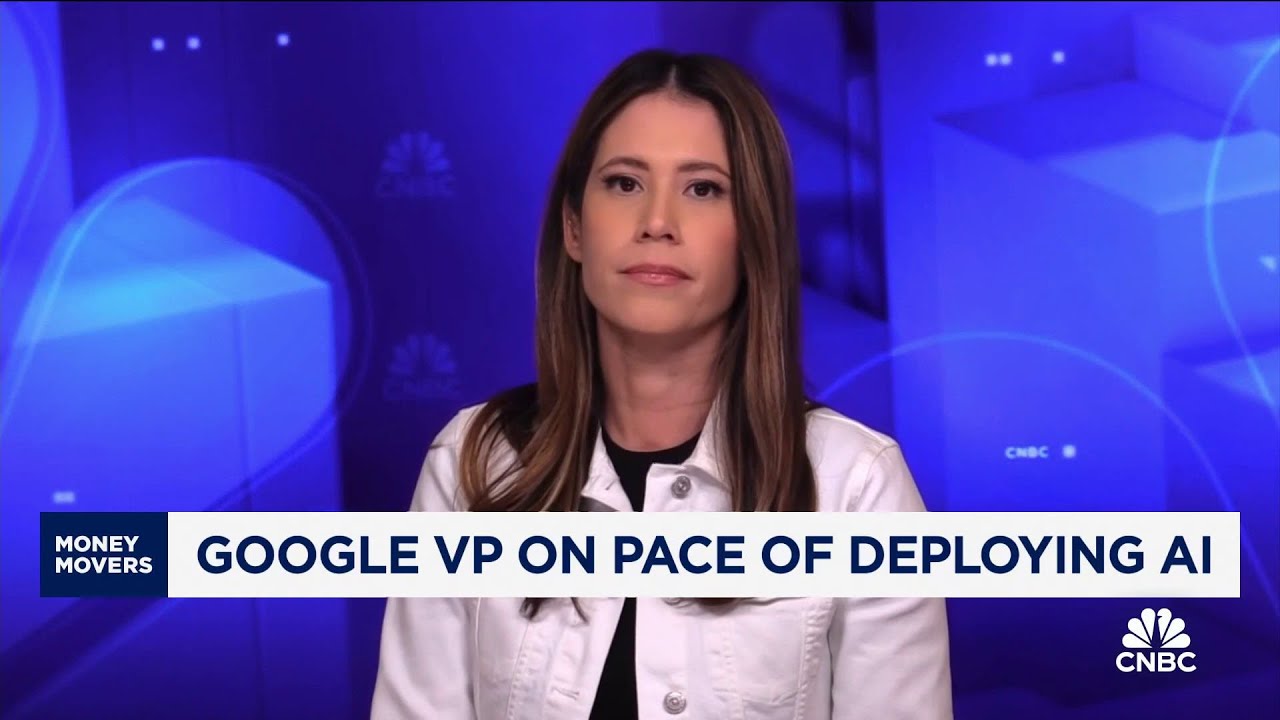Google’s recent internal reorganization emphasizes a strategic shift towards prioritizing artificial intelligence, with key executive Prabhakar Raghavan now reporting directly to CEO Sundar Pichai, who is taking a more active role in overseeing AI initiatives. While this move aims to enhance AI capabilities and competitiveness against rivals like OpenAI, it raises concerns about potential impacts on the quality of Google’s traditional search services.
In a recent internal reorganization, Google has made significant changes to its leadership structure, particularly in its artificial intelligence (AI) teams. The company has repositioned key talent, including a leading search and ad executive, Prabhakar Raghavan, who will now work directly with CEO Sundar Pichai. This shift indicates Google’s commitment to prioritizing AI development, even at the potential cost of its traditional search resources.
The reorganization has raised concerns among investors, as evidenced by a drop in Google shares following the announcement. Raghavan’s new role suggests a strategic pivot towards enhancing AI capabilities, which many believe is necessary for Google to remain competitive in the rapidly evolving tech landscape. The company is under pressure to catch up with competitors like OpenAI, which has been making significant strides in generative AI technologies.
Sundar Pichai is taking a more hands-on approach to AI, overseeing the entire AI division and integrating it with other teams, such as the app development group. This consolidation of power is seen as a move to streamline operations and foster innovation within the AI sector. Speculation has arisen regarding potential successors to Pichai, with some suggesting that Demis Hassabis, a prominent figure in AI research, could be in line for a leadership role.
The urgency of these changes reflects a broader trend within Google to accelerate the pace of product development and deployment. Executives have emphasized the need for agility in responding to market demands and technological advancements. This focus on rapid innovation may lead to a more aggressive stance in the AI space, positioning Google to better compete with its rivals.
However, this shift towards AI could have short-term repercussions for Google’s search business. As the company reallocates resources and talent towards AI initiatives, there are concerns that the quality of search results may suffer. Additionally, the reliability of AI-generated content remains a challenge, as evidenced by recent instances where AI provided inaccurate or nonsensical answers to user queries. Balancing the pursuit of AI advancements with maintaining the integrity of its core search services will be crucial for Google’s long-term success.
